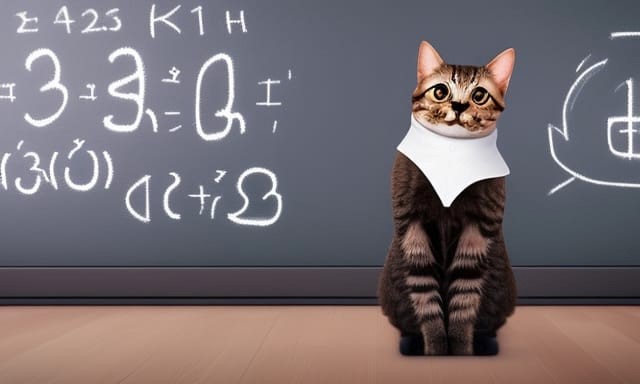But will the new tools really make it possible to cheat that much? Well, if we maintain the old style of teaching and examining, the answer is undoubtedly “yes”. However, we can also see this as a possibility to improve, or even revolutionize both education and examination. This, of course, need some changes to be implemented. I will explain my thoughts a bit more in the following.
When we look at our teaching obligation, we need to pose the question: “What do we want our students to learn?”. Well, knowledge about the topic at hand, of course. But is that really true? In the first run, what do we define as knowledge? In many cases, the things that appear on the exams are questions about details, details that they will be able to google as soon as they get outside of the examination hall. Home exams are slightly better, since the students will have to synthesize the answers to the exam, rather than just look them up. But now you can ask a program like chatGPT to do the synthesis for you. And is that cheating? In our old apperception of examination, of course it is. What has the student done to get the piece of text written? Not very much!

However, when we look closer at this, we can change the question a little, and see what happens? The new question would be something in the way of: “How could we change the way of teaching and examination so that this kind of helping tool will not be a cheating possibility (but maybe even a learning tool)?”. My answer to this question is to focus on understanding. My favourite meme for teaching is: “You can lead a camel to the water, but you cannot force it to drink”. As teachers in higher education, teaching will have to focus more on the “How it works” and “Why it works” of the topics, rather than the “How can I implement it”. The students’ understanding of the (role of the) acquired knowledge in the applicable context has to be the most important teaching goal.
But don’t we do this? Some people may already do so, but we still see many exam questions that focus on the student memorizing the content of the course, rather than understanding how to synthesize the answers through their understanding and their skills in reusing this understanding in transferring their knowledge to new domains.
I have in my teaching changed my examination of the students in my courses (one more theoretical, and two practical programming courses) changing the written examination into an oral “discussion”. That may sound like a lot of work, but in fact, it does not take more time than having a written exam. After 30 minutes of this “academic conversation” style of examination, I have most of the time no problem grading the student according to understanding and reasoning, rather than remembering a lot of details (which are most of the time forgotten fairly quickly after the course). This change was in fact introduced many years ago, way before the occurrence of chatGPT and similar systems.
The benefits here are also the new possibilities of actually allowing the students to use any kind of supportive tool, including in this case the chatGPT, for their projects and learning experiences. The only condition that they have to fulfill is that they themselves have to understand the answers they get from the various tools they use. In the programming courses, that, e.g., means they will have to explain any piece of code that they have not written all by themselves. They will also be told that errors that stem from the information source that remain, will affect their grades negatively. This of course applies to both text and code.
With this approach both to teaching and examination we will turn this risk of “cheating” into an improved pedagogical view of courses and the role of the teacher. Of course, it will still require the teacher to be well educated in the topic, in order to both teach and examine the students.
Lars Oestreicher



